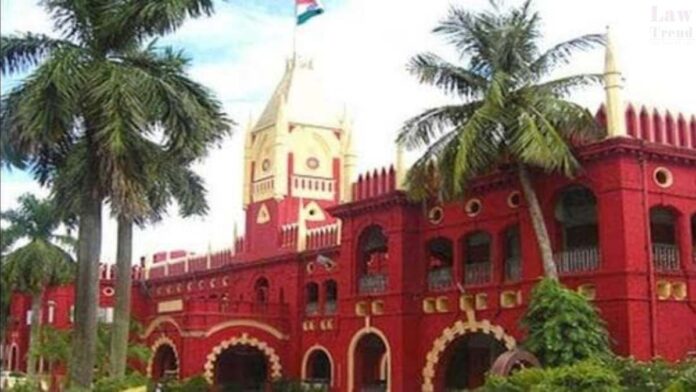In a landmark judgment that highlights systemic lapses in police accountability, the Orissa High Court has called for sweeping reforms to ensure transparency in police operations. The court expressed dismay over a recent incident where a couple seeking police protection at Bharatpur Police Station in Bhubaneswar found themselves embroiled as accused in a serious criminal
To Read More Please Subscribe to VIP Membership for Unlimited Access to All the Articles, Download Available Copies of Judgments/Order, Acess to Central/State Bare Acts, Advertisement Free Content, Access to More than 4000 Legal Drafts( Readymade Editable Formats of Suits, Petitions, Writs, Legal Notices, Divorce Petitions, 138 Notices, Bail Applications etc.) in Hindi and English.




